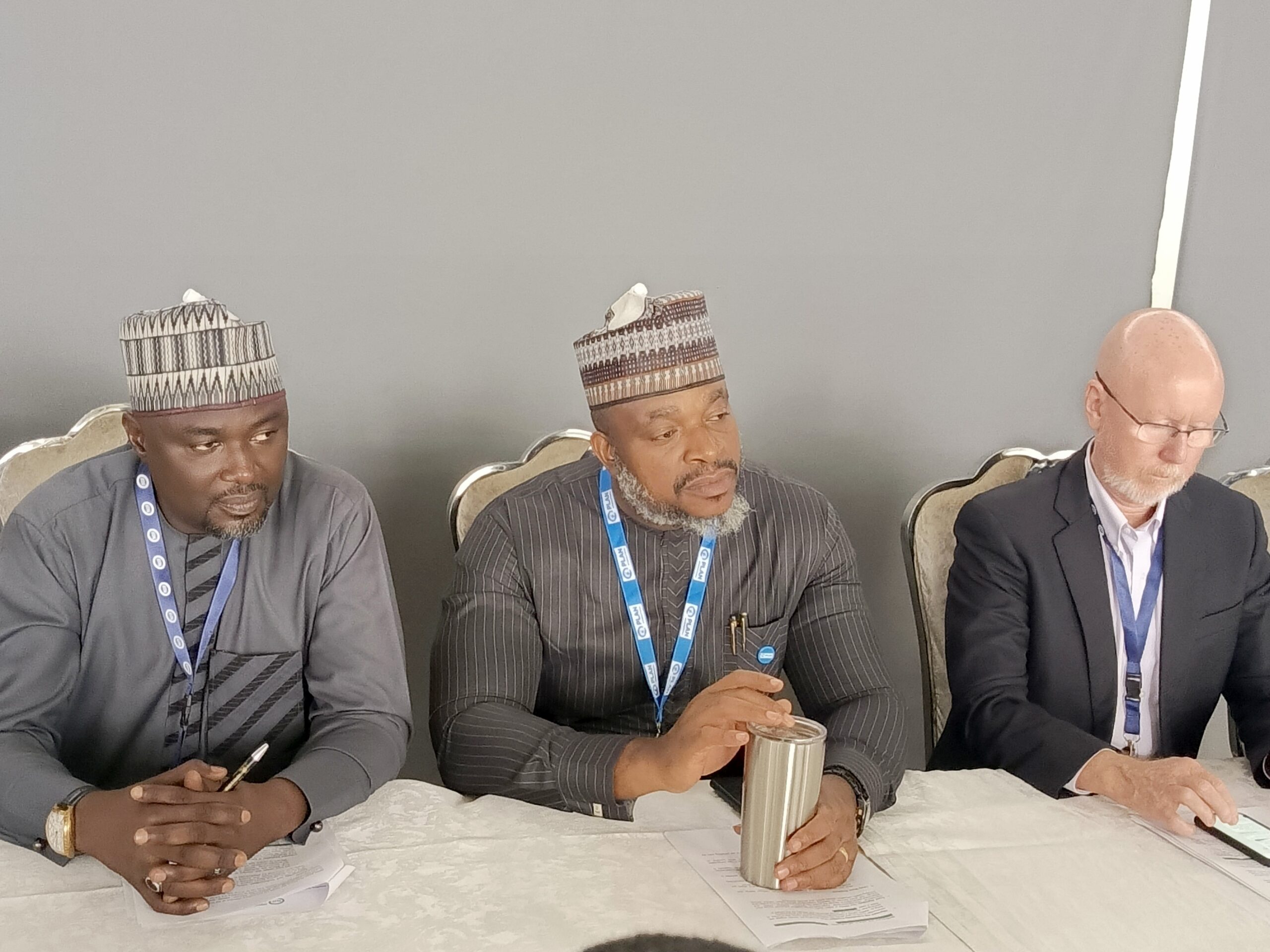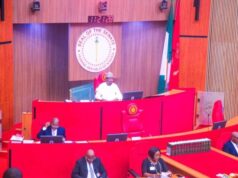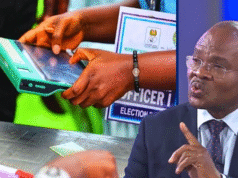The Nigeria International Non-Governmental Organizations (INGO) have emphasized that the primary goal of humanitarian intervention for Internally Displaced Persons (IDPs) is not just to provide relief materials, but to aid in their recovery and facilitate their return to normalcy.
The Nigeria INGO Forum consists of organizations such as NIF, Mercy Corps Nigeria, Plan International Nigeria, Catholic Relief Service, and Intersos Nigeria, among others.
Speaking to journalists in Abuja yesterday, Suleiman Sani, the Deputy Chief of Mercy Corps, expressed that substantial efforts have been directed towards assisting IDPs in their recovery process and in helping them regain their normal lives.
He stated, “Our focus extends beyond mere relief intervention and aligns with assisting IDPs in re-establishing their means of livelihood. This includes aiding in the reconstruction of their homes and guiding them back to familiar paths, which is crucial in addressing the recurring issue of people resorting to begging.”
Suleiman continued, “Relying solely on relief assistance can inadvertently foster a dependency challenge. Some displaced individuals may develop an unhealthy reliance on relief aid, even when they possess the means to sustain themselves.”
Addressing the methodology of distributing relief materials to IDPs, Charles Usie, the Country Director of Plan International, clarified that their distribution process is not ad hoc. Instead, it is meticulously planned and executed.
Charles explained, “We follow a structured approach, distributing food consistently to specific communities over extended periods, guided by a well-defined matrix. Not everyone receives relief aid; rather, it’s directed towards those at the highest risk of malnutrition and starvation. Our goal is to save lives from hunger.”
He further added, “Years ago, we experienced a tragic loss of nearly 400 children due to hunger-related issues. However, we’ve since made significant strides in addressing this. Our focus remains on saving lives first.”
He elaborated, “The second group we prioritize are those less at risk of hunger. For them, we offer what we term ‘livelihood interventions.’ These individuals are carefully profiled and registered.”
” For example is the case of a woman in Marfa local government who, while in an IDP camp, was trained as the area’s first female phone repair technician. She now operates her own shop, employing others and supporting her family while aiding fellow community members.”
Camila Corradin, Director of the INGO Forum, highlighted the increased collaboration between NGOs and the government in addressing IDP challenges across various regions in the country.
“Over the past few years, we’ve noticed more NGOs recognizing the growing needs and actively engaging with the government to provide support. There’s been an upsurge of NGOs in the northeast and northwest regions, particularly in north central areas like Benue and Plateau. This expansion has bolstered our support initiatives,” she noted.




